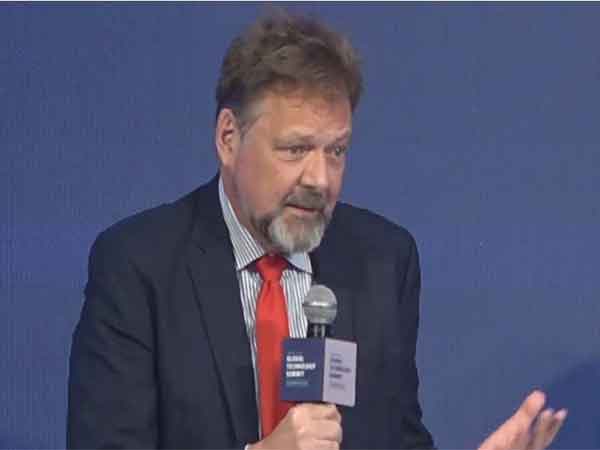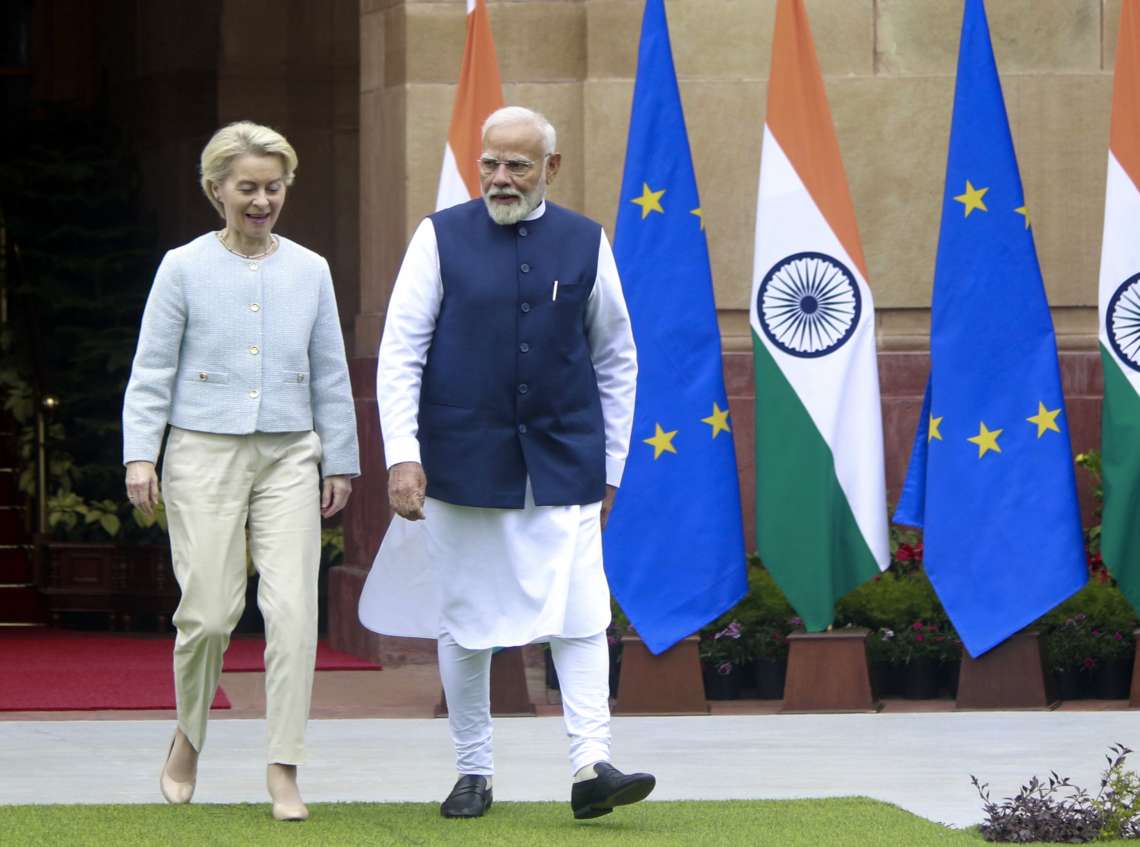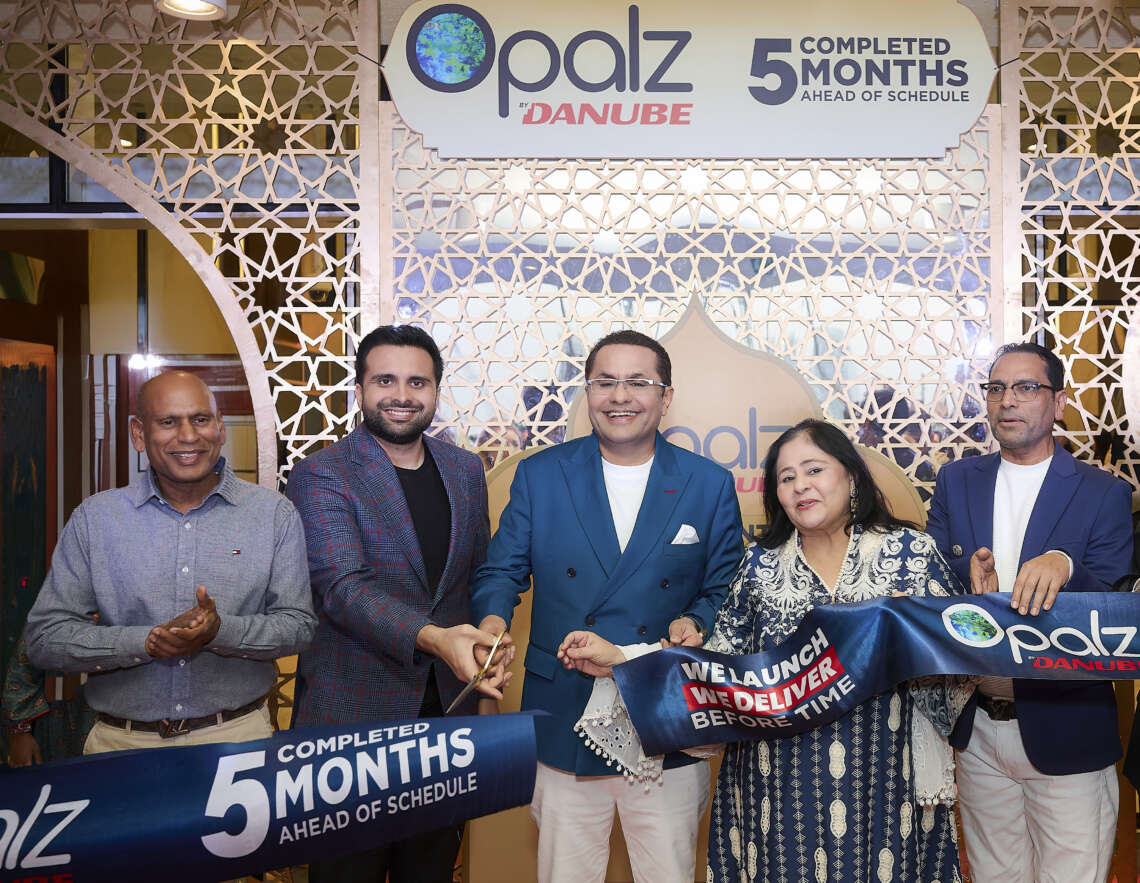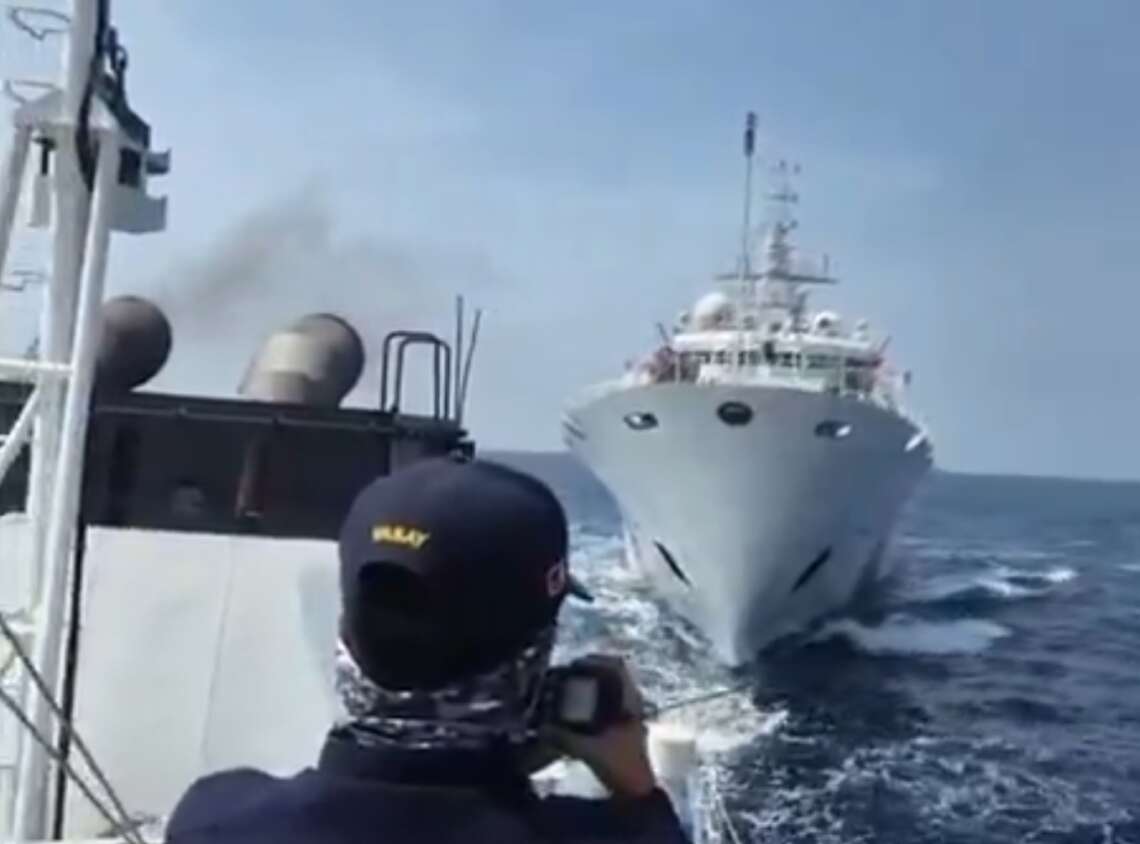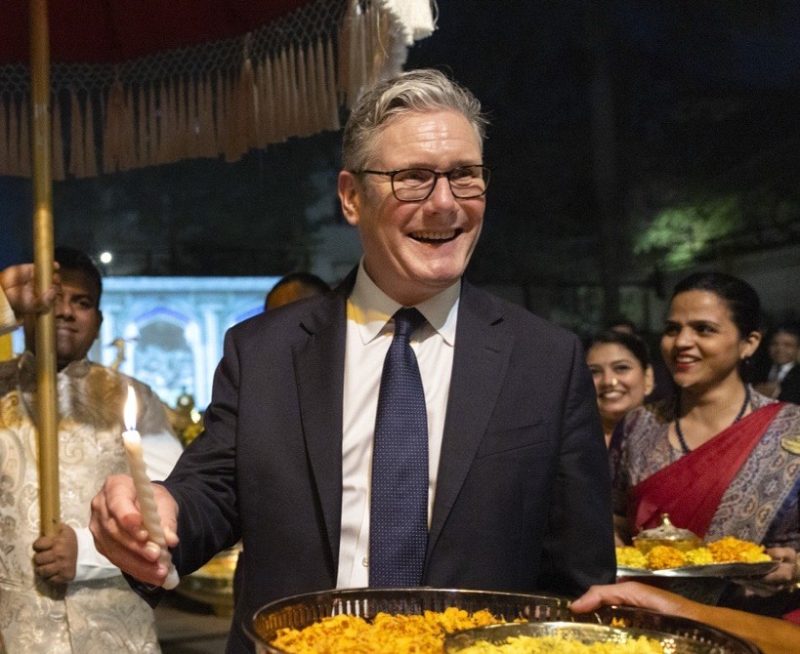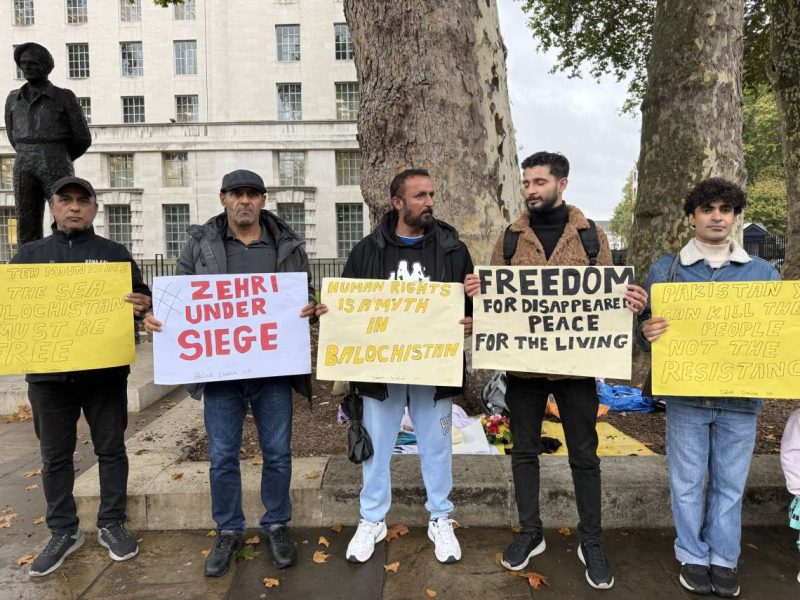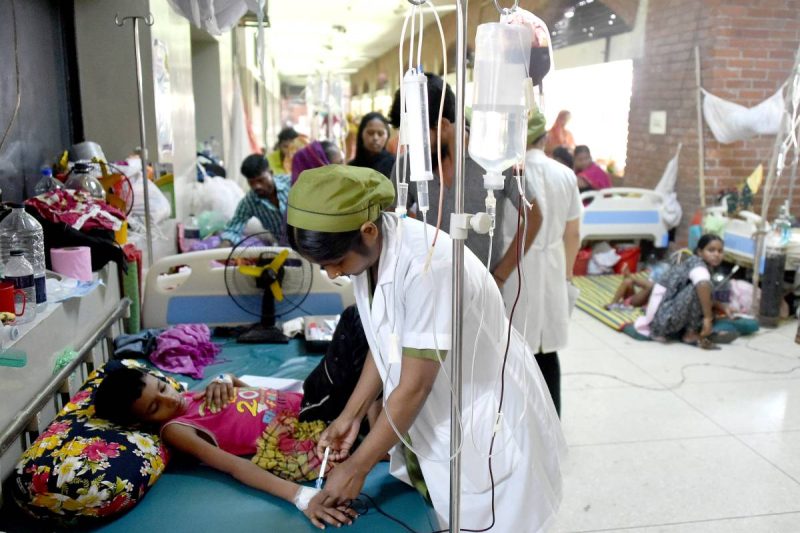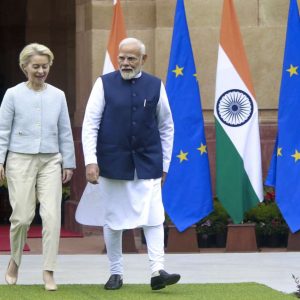Ackermann highlighted Europe’s sensible and calm approach in times of uncertainty, citing its reaction to recent developments in the United States as an example of its strength and resolve
German Ambassador to India and Bhutan, Philipp Ackermann, has said that India and European Union will strive to negotiate a Free Trade Agreement (FTA) by the end of this year.
Speaking at the 9th Carnegie Global Tech Summit on Saturday during the session ‘Marquee panel: Sambhavna: Next is What?, he said highlighted the growing strength of Europe-India relations.
According to Ackermann, “Europe has shown quite a remarkable moment of strength. And I would say that the visit of the President of Commission and 21 commissions to Delhi five weeks ago was one of these remarkable events where the commission has shown that, you know, they shifted their attention towards India, I think that’s never seen such a visit before to any other country.”
“I think there is a dedication, commitment to the FTA between India and Europe,” he added.
Ackermann stressed the importance of cooperation between like-minded nations in support of global and free trade, stating that “we should not forget it is a time now, where those who believe in global and free trade, should join hands. this is the time where, we should sit together and try to figure out what is possible in the moment of an FTA,” he added.
Emphasising the commitment to a Free Trade Agreement (FTA) between both countries, he said, “Prime Minister Modi and the President of the Commission have agreed on a negotiated free trade agreement by the end of this year.”
Ackermann highlighted Europe’s sensible and calm approach in times of uncertainty, citing its reaction to recent developments in the United States as an example of its strength and resolve.
“Another thing where I think Europe has shown quite a strength is when we saw the up and down in the United States, the commission has reacted in a very sensible way, calm but very resolved. And I think what we’ve seen as a reaction has shown that this reaction, or that the way approach the European commission has take was wise and sensible. So, I think you should not underestimate strength and the result of Europe has right now,” he said.
Tanvi Madan, Senior Fellow at the Brookings Institution, shared her thoughts on India’s foreign policy and trade agreements.
According to Madan, India needs to do more business with the world, particularly with developed countries, but certain sectors have become too accustomed to the domestic market.
Mentioning, External Affairs Minister S Jaishankar and Commerce Minister Piyush Goyal comments she said, “You’ve heard this from EAM, from Commerce Minister yesterday. Goyal said we need to do trade but also investment. Indian needs to do more business with the world, but wants to do business with particular partners in the developed world.”
Madan emphasises that structurally, India and China are “still rivals”, with competitive instincts evident in their meetings.
“Structurally, India and China are still rivals. For every meeting, you see that competitive instincts amongst both countries. So yes, you’ll see more steps. In certain areas, you will see selective economic engagement,” she said. Madan dismisses concerns that improved India-China relations would lead to India abandoning initiatives like the Quad.
“I don’t see a massive shift in India-China. The people thing used to be worried about — if China and India would be getting along, it would mean India would stop doing things like Quad,” she noted. Notably, this is the last session of the Global Tech Summit.
Ackermann, said that the new German government is committed to enhancing relations with India, particularly in defence, and noted that “India will play a major role” in their foreign policy.
Ackermann also emphasised Germany’s strong support for a free trade agreement between the European Union and India.
Ackermann said, “The coalition treaty (between the two parties forming the next German government) clearly mentions India’s name. India will be playing a major role in our foreign policy, and the new government will commit itself to intensifying bilateral relations in many areas, including defence, and I am very happy about it.”
Notably, CNN on Wednesday reported that German Chancellor-in-waiting Friedrich Merz unveiled a new coalition deal between the country’s two major centrist parties in a bold and optimistic speech in Berlin on Wednesday, hours after it was announced that an agreement to form a new government had been reached. The deal was presented by Merz, leader of the center-right Christian Democratic Union (CDU), which emerged as the winner in February’s federal election.
‘India, EU to negotiate FTA by year-end’
